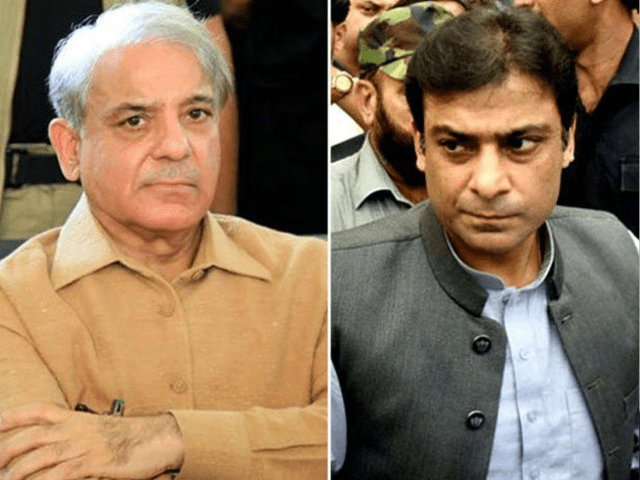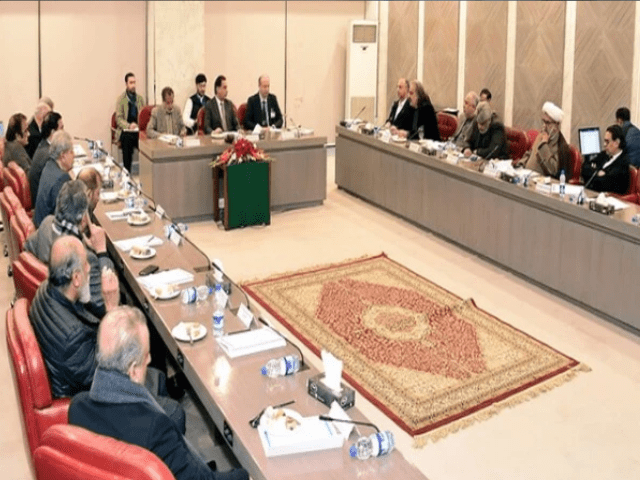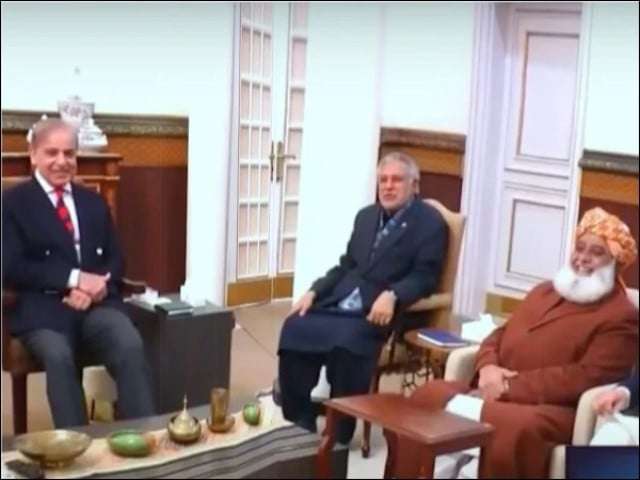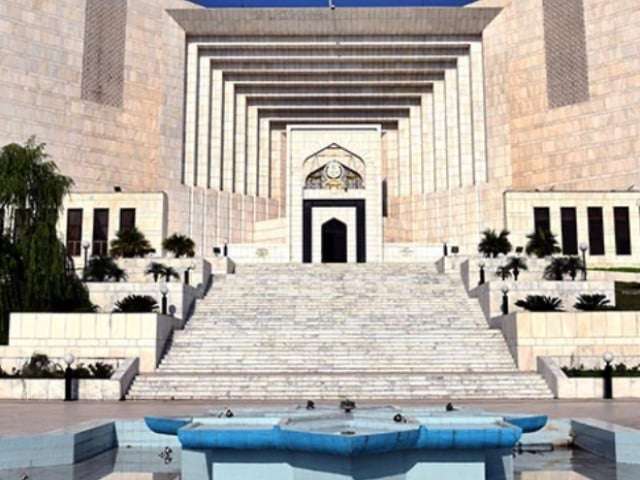Introduction
In a significant legal development, Prime Minister Shehbaz Sharif and former Punjab Chief Minister Hamza Shehbaz have been acquitted in the Ramzan Sugar Mills corruption case. The case, which had been under trial since 2017, accused the two political figures of financial misconduct related to a drainage system construction project for Ramzan Sugar Mills in Chiniot.
On [date], Judge Sardar Muhammad Iqbal Dogar of the Anti-Corruption Court ruled that there was no legal basis for convicting the accused, resulting in their acquittal.
This article provides an in-depth look at the case, including its background, legal proceedings, and implications.
Background of the Ramzan Sugar Mills Case
What Were the Allegations?
The National Accountability Bureau (NAB) had filed a corruption reference against Shehbaz Sharif and Hamza Shehbaz in 2017. According to the allegations:
🔹 The Shehbaz family was accused of misusing their political influence to facilitate a wastewater drainage system near Ramzan Sugar Mills.
🔹 The estimated financial loss to the national exchequer was Rs213 million.
🔹 The project was allegedly funded using public money, which NAB claimed was an abuse of power.
When Were They Arrested?
🔹 Shehbaz Sharif was arrested in October 2018 in connection with the case.
🔹 Hamza Shehbaz was taken into custody in June 2019 after NAB expanded its investigations.
🔹 Both were granted bail by the Lahore High Court in subsequent hearings.
Legal Proceedings and Acquittal
Court Hearings and Key Developments
Initial Hearings and Trial
The case went through multiple stages of legal scrutiny, with the prosecution presenting evidence and the defense challenging the allegations.
🔹 NAB filed a reference against both leaders, accusing them of directing funds for the benefit of their family-owned sugar mill.
🔹 The defense argued that the drainage system was not constructed exclusively for Ramzan Sugar Mills but was a public infrastructure project.
🔹 Several hearings were held where the NAB failed to provide conclusive evidence linking Shehbaz and Hamza to financial corruption.
Complainant Withdraws the Case
A major turning point occurred when Zulfiqar Ali, the complainant, withdrew his allegations.
🔹 Appearing before Judge Sardar Muhammad Iqbal Dogar, he stated that he did not file the complaint against the Sharifs.
🔹 He submitted an affidavit confirming that he was unaware of the application that led to the case.
🔹 Ali also denied knowledge of the wastewater drainage project in question.
This development significantly weakened NAB’s case, as the prosecution relied on a complaint that no longer had any legal standing.
Final Verdict and Acquittal
Considering the lack of evidence and withdrawal of the complainant’s statement, the court ruled in favor of the acquittal of Shehbaz Sharif and Hamza Shehbaz.
Key Highlights of the Verdict:
✔ The judge found no legal grounds for conviction.
✔ The prosecution failed to prove that government funds were misused.
✔ The complainant denied filing the case, further discrediting the allegations.
✔ No punishment was ordered against the accused.
Implications of the Acquittal
What This Means for Shehbaz Sharif and Hamza Shehbaz
🔹 Legal Relief: The acquittal removes a major legal hurdle for both political figures.
🔹 Political Impact: Strengthens Shehbaz Sharif’s position as Prime Minister, potentially boosting his credibility.
🔹 NAB’s Accountability: Raises questions on NAB’s prosecution and its handling of political cases.
🔹 Precedent for Future Cases: Could impact other ongoing corruption cases involving political figures.
Reaction from Political Circles
🔹 PML-N Supporters: Celebrated the verdict, calling it a victory against political victimization.
🔹 Opposition Parties: Criticized the ruling, claiming it was an example of selective justice.
🔹 Legal Experts: Noted that lack of evidence and the complainant’s withdrawal played a key role in the case dismissal.
FAQs (Frequently Asked Questions)
1. What was the Ramzan Sugar Mills case about?
The case accused Shehbaz Sharif and Hamza Shehbaz of misusing public funds for a wastewater drainage system near Ramzan Sugar Mills in Chiniot, leading to an alleged loss of Rs213 million.
2. Why were Shehbaz and Hamza acquitted?
The court acquitted them due to lack of evidence and the withdrawal of the complainant’s allegations. The judge ruled that there was no legal basis for a conviction.
3. Did NAB present any solid evidence?
Despite filing the reference, NAB failed to prove financial wrongdoing or provide sufficient evidence to establish corruption.
4. What does this verdict mean for Shehbaz Sharif’s political career?
The acquittal strengthens his position as Prime Minister and removes legal challenges that could have affected his governance.
5. How did the complainant’s withdrawal impact the case?
The complainant, Zulfiqar Ali, denied filing the case and submitted an affidavit disassociating himself from the allegations. This significantly weakened NAB’s position, leading to the acquittal.
Conclusion
The Ramzan Sugar Mills case has been a subject of political and legal debate for years. With Shehbaz Sharif and Hamza Shehbaz now acquitted, the ruling marks a major development in Pakistan’s judicial and political landscape.
While their supporters see this as justice, critics argue that the verdict reflects flaws in the accountability process. The case highlights the importance of solid evidence in corruption trials and raises concerns over the role of investigative agencies in political cases.
With this legal battle behind them, the Sharif family now looks ahead to their political future in Pakistan. However, whether this ruling ends legal challenges for them or invites further scrutiny remains to be seen.



